Social media giant Meta has just announced a new AI model with self-learning evaluation (STE) feature, which can narrow down human intervention in the AI development process.
The tool, which was previously introduced in August, uses a “thought train” similar to OpenAI’s recently released o1 model, which helps the algorithm make more reliable judgments.
The principle of this technique is to break down complex problems into smaller logical steps, thus having the potential to improve response accuracy in difficult fields such as science, programming and mathematics.
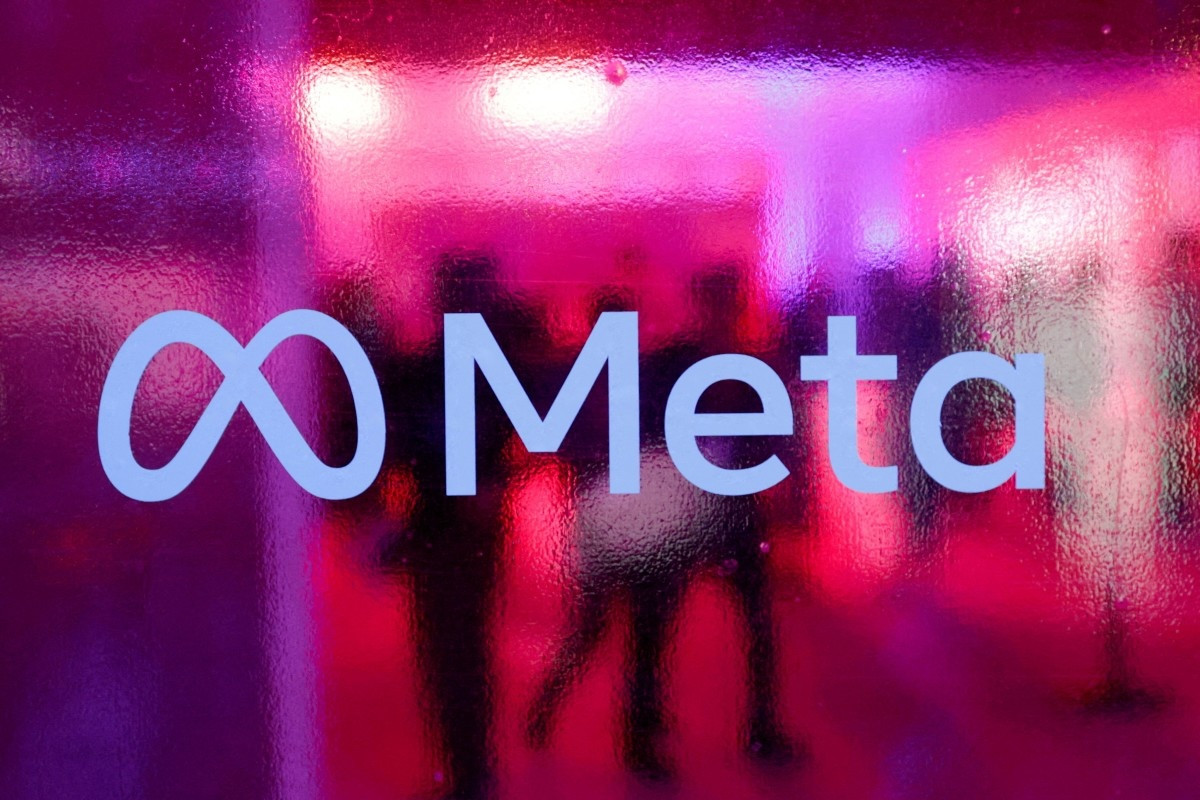
Currently, AI models generally undergo reinforcement learning through human feedback, a process that is expensive, inefficient, and often requires human experts to accurately label data or verify answers to high-precision queries.
“We hope that as AI approaches superhuman levels, it will be able to self-check its own work,” said Jason Weston of Meta's research team.
Other companies like Google and Anthropic have also published research on the concept of Learning from Feedback Reinforcement AI (RLAIF). However, Meta is the only company to release these models to the public so far.
Additionally, Meta also released an update to its Segment Anything image recognition model, which speeds up the generation of data that can be used in new inorganic materials research.
Last week, the Facebook-owned giant partnered with Blumhouse Productions, a film production house known for horror franchises like “The Purge” and “Get Out,” to put its Movie Gen video-generating AI model to the test.
Movie Gen is said to be able to create realistic video and audio, competing with services from other industry-leading startups like OpenAI and ElevenLabs.
(According to Yahoo Tech)
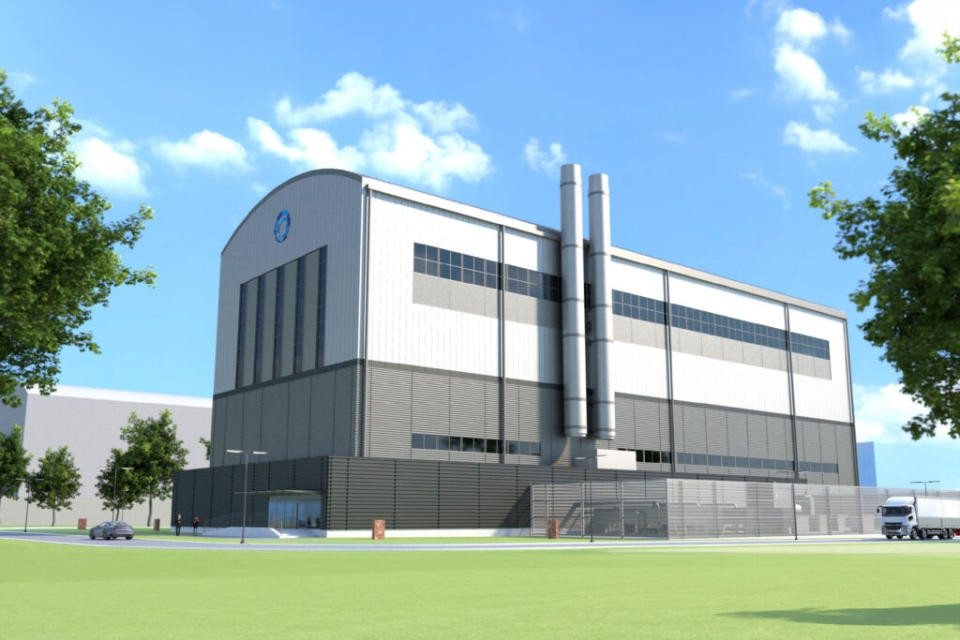
Source: https://vietnamnet.vn/meta-ra-mat-mo-hinh-ai-tu-danh-gia-hoc-hoi-2333881.html


![[Photo] Looking back at the impressive moments of the Vietnamese rescue team in Myanmar](https://vstatic.vietnam.vn/vietnam/resource/IMAGE/2025/4/11/5623ca902a934e19b604c718265249d0)
![[Photo] "Beauties" participate in the parade rehearsal at Bien Hoa airport](https://vstatic.vietnam.vn/vietnam/resource/IMAGE/2025/4/11/155502af3384431e918de0e2e585d13a)






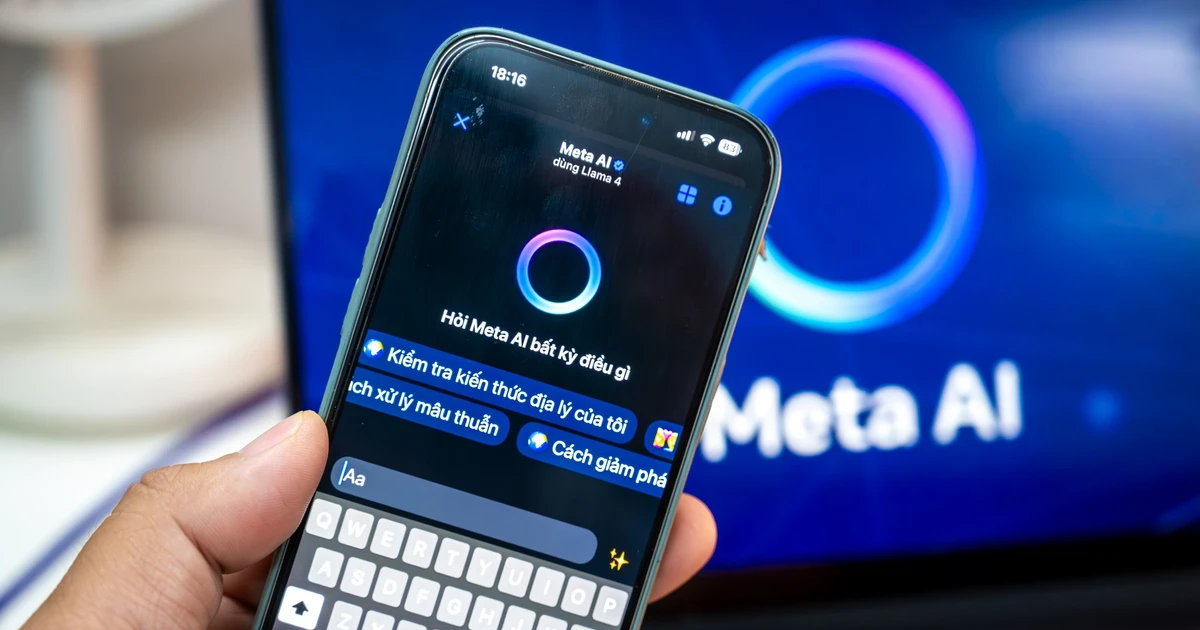

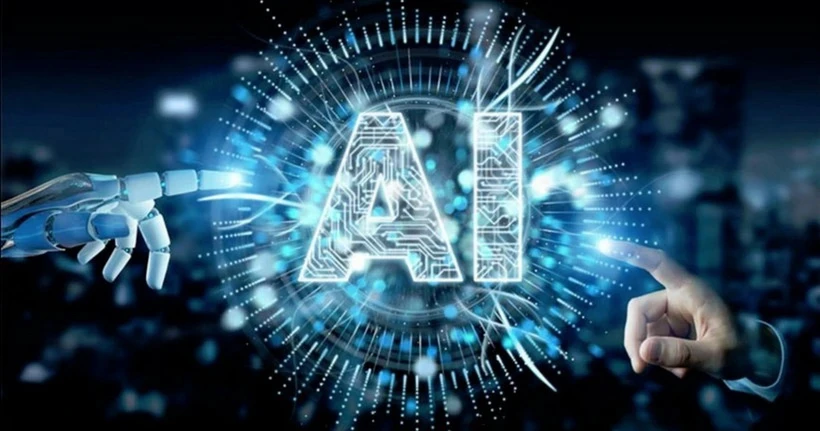




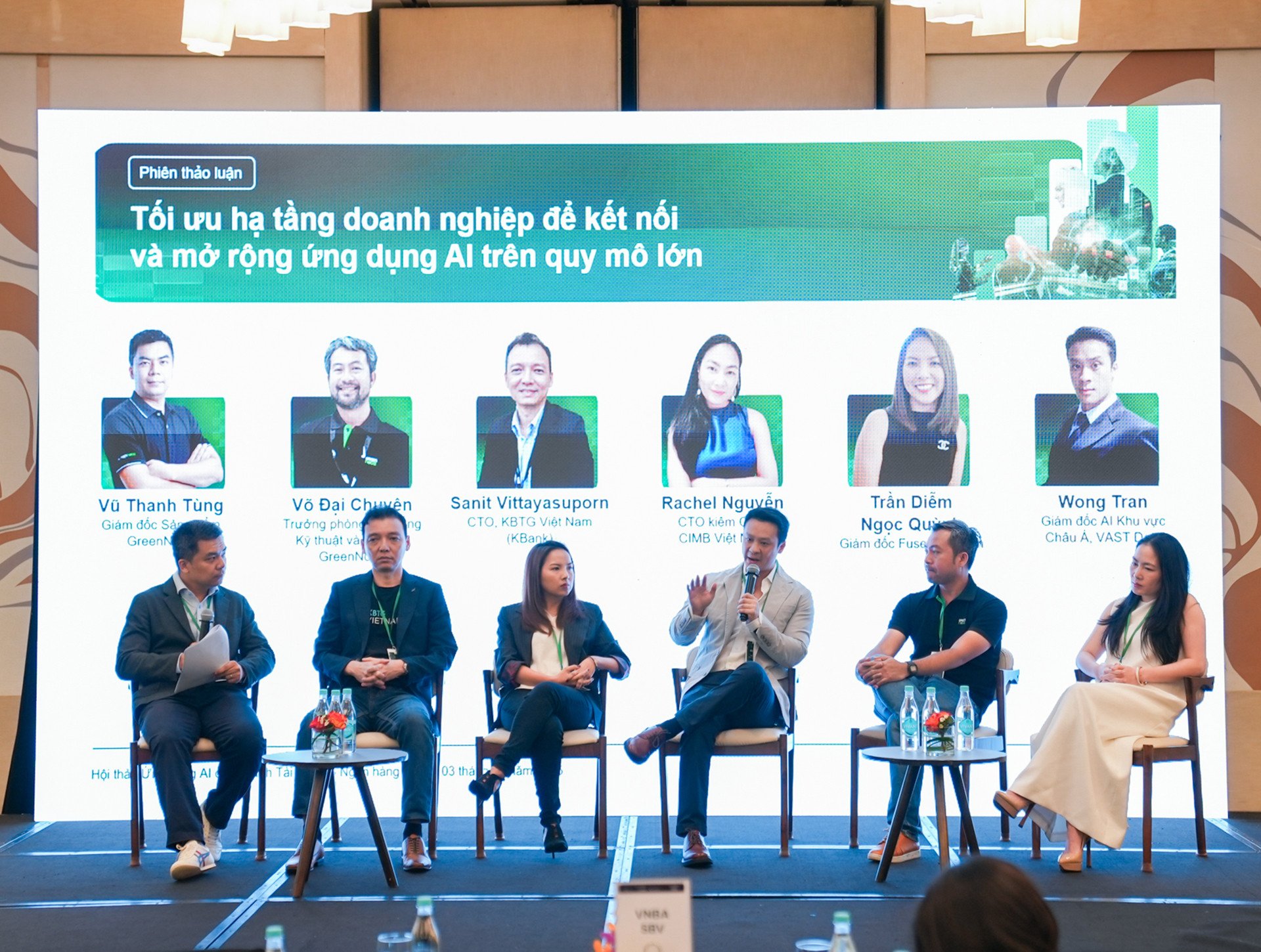









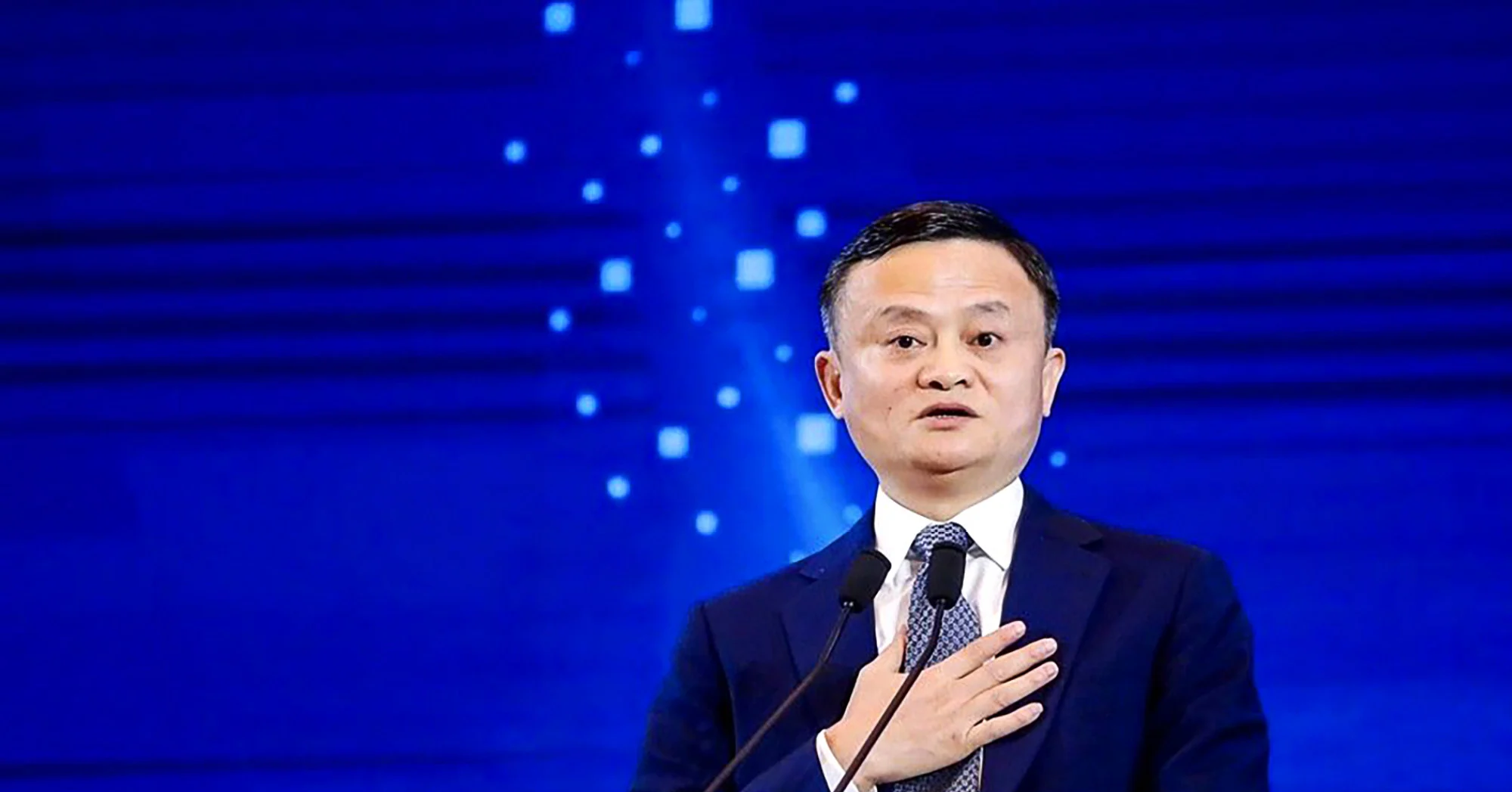





![[Photo] Summary of parade practice in preparation for the April 30th celebration](https://vstatic.vietnam.vn/vietnam/resource/IMAGE/2025/4/11/78cfee0f2cc045b387ff1a4362b5950f)






























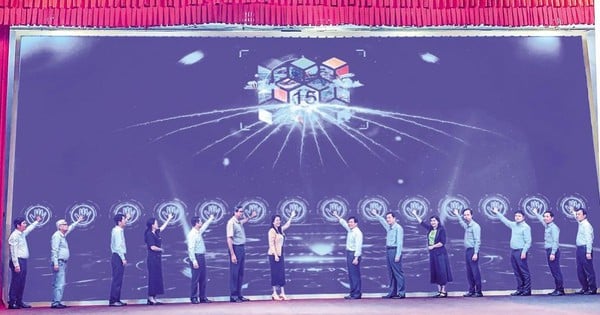
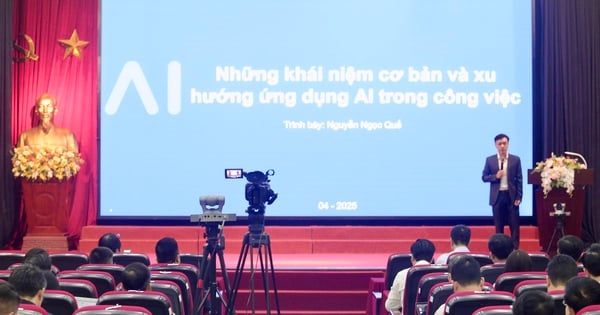






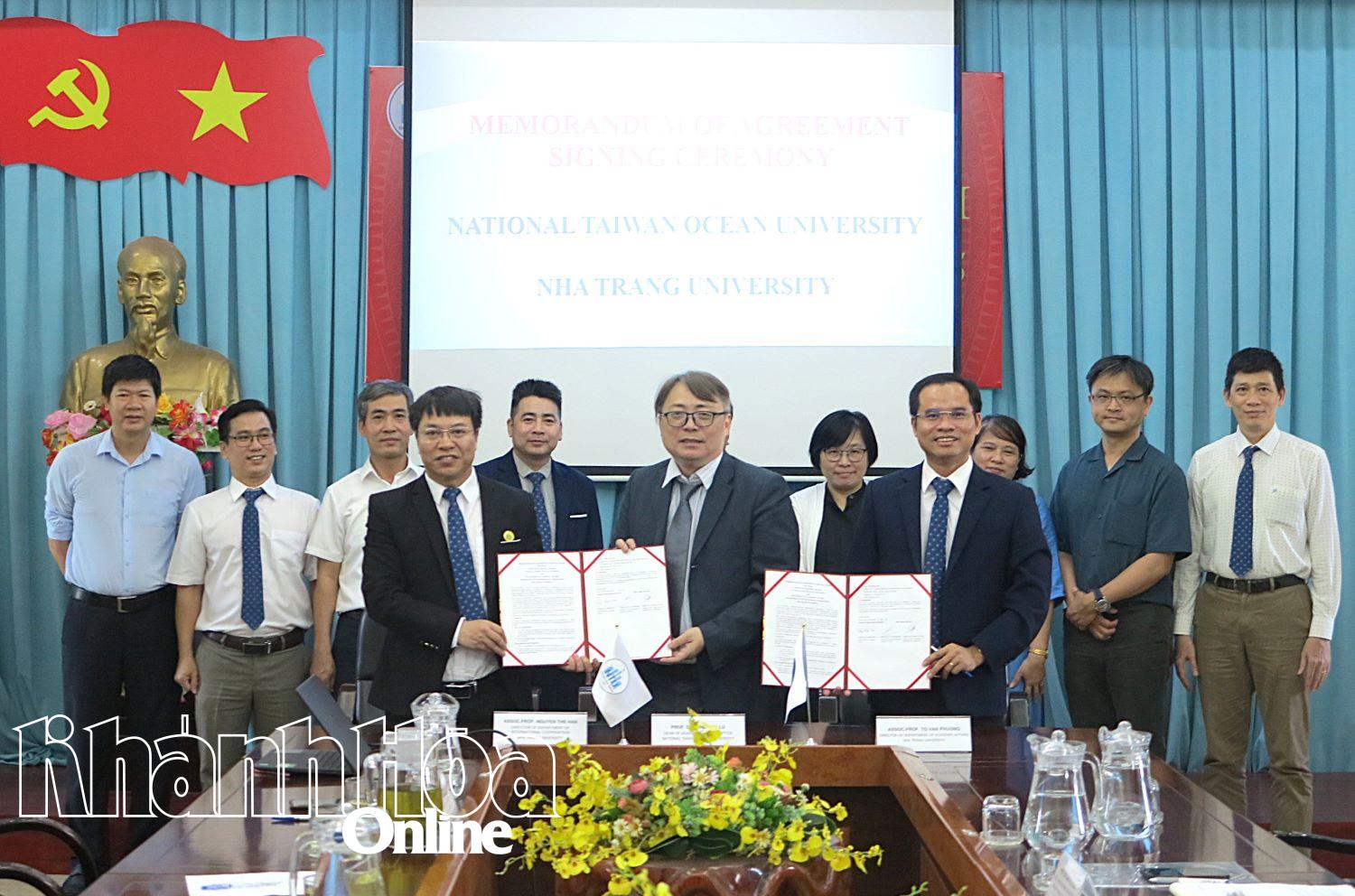

















Comment (0)